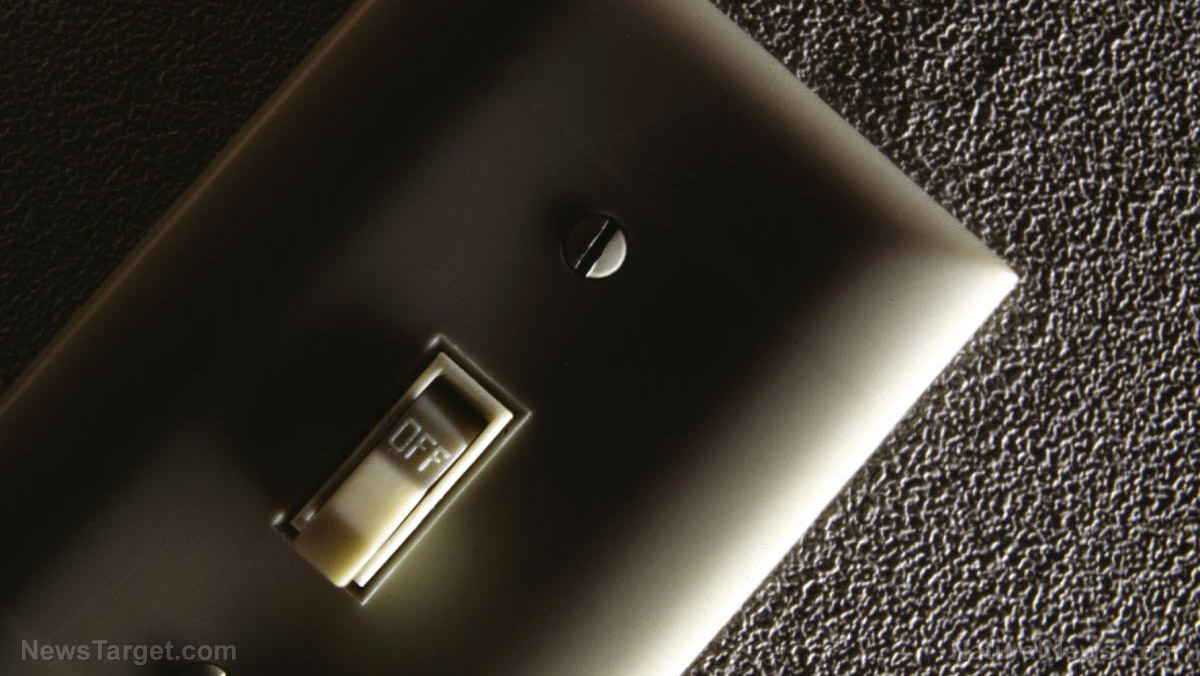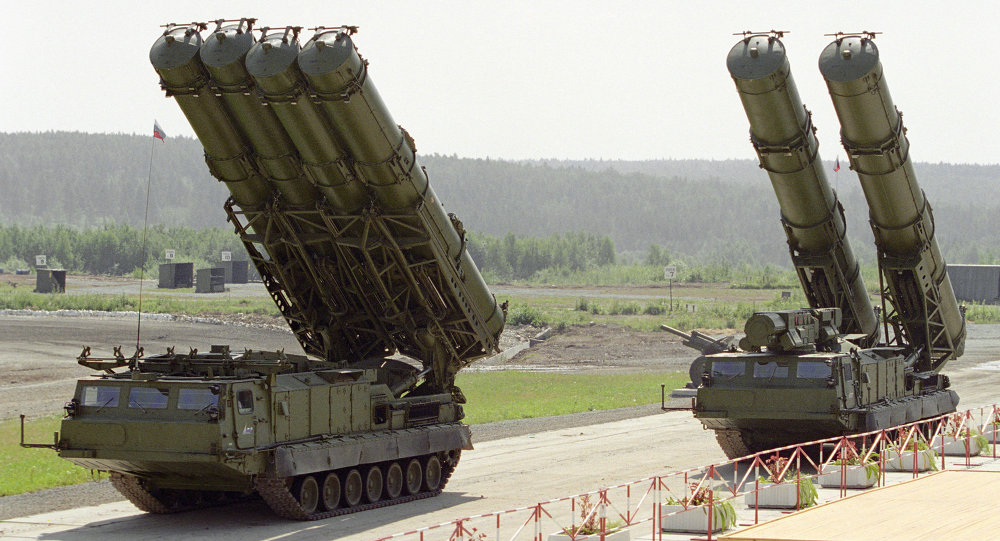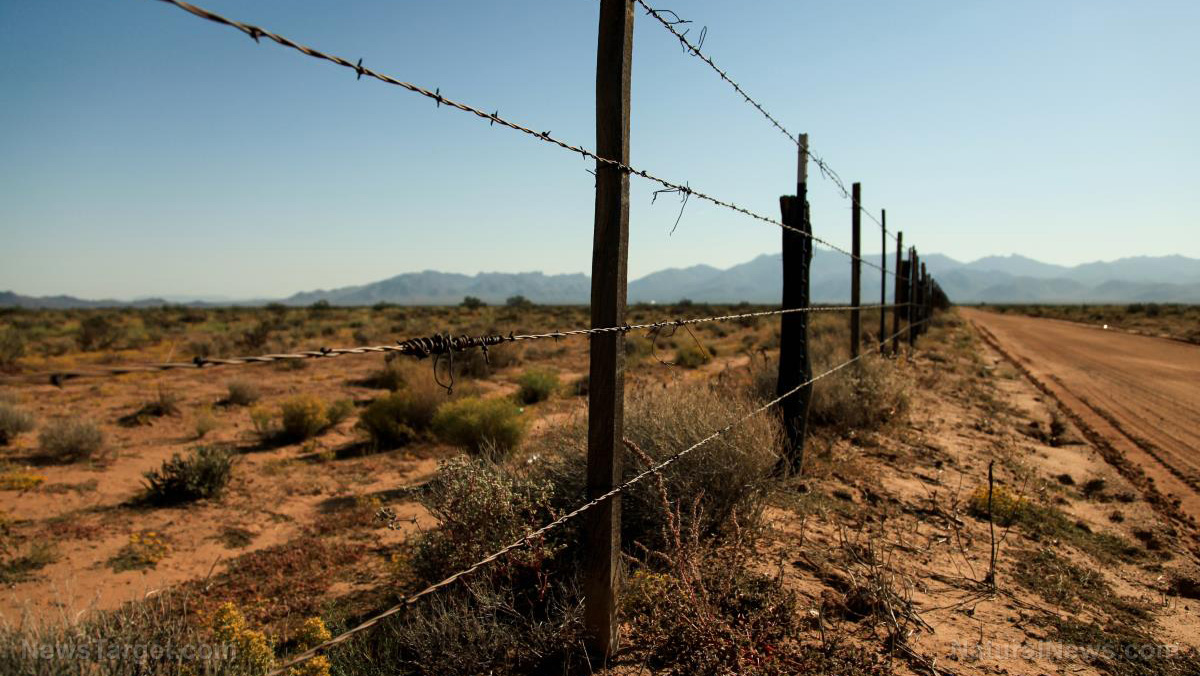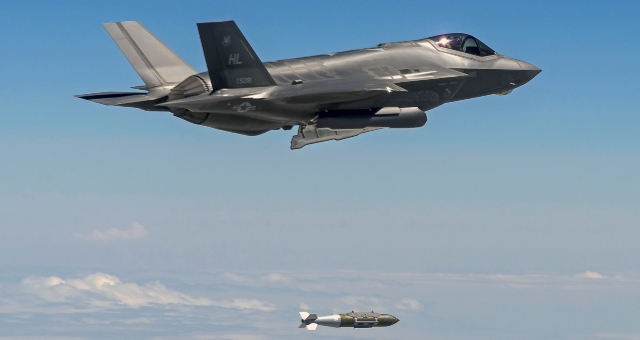Doctors strike in Israel as judiciary overhaul protests continue
07/28/2023 / By Cassie B.

Doctors in Israel went on strike July 25 as protests continue throughout the country against the passage of a key component of a controversial judicial overhaul.
The strike was held by the Israeli Medical Association, which represents roughly 95 percent of the country’s doctors. They announced they would be holding a 24-hour protest, drawing criticism by some for placing politics over patient care. However, they specified that exceptions would be made for medical care in Jerusalem as well as emergency care throughout the country.
The move came following a brief strike last week that was held in warning. A large majority of interns joined the doctors in striking. The doctors believe that the judicial overhaul could “devastate” the country’s healthcare system.
Israeli Association of Public Health Chairman Hagai Levine said: “The vast majority of physicians know they will not be able to fulfill their oath to patients under a regime that does not accept the role of reason.” He noted that more than 1,000 physician members have already requested transfers abroad since the passage of the law.
The protests were spurred by the judicial overhaul bill, which seeks to end a “reasonableness” clause permitting the Israeli Supreme Court to overrule government decisions; the country’s high court is not elected by the people. This clause was passed into law in a unanimous parliamentary vote on Monday, while members of Prime Minister Benjamin Netanyahu’s coalition all voted in favor of the move and opposition lawmakers walked out of the Knesset in protest, shouting the word “Shame!” on their way out the door.
Some 20,000 protesters made their way to the parliament building in Jerusalem, and police used skunk gas and water cannons to break up crowds blocking the roads. Meanwhile, hundreds of thousands of people took to the streets in Tel Aviv, setting off fireworks, waving Israeli flags and setting tires on fire. Many businesses and shopping centers throughout the country closed in solidarity. There were dozens of arrests and numerous scuffles between police and protesters.
In addition, thousands of officers in Israel’s military reserves have said they will stop reporting for voluntary service, which could compromise the country’s readiness for military operations. Some high-tech business leaders have said they are considering relocating.
The country’s biggest labor union, Histadrut, meanwhile said it intends to meet soon to plan a nationwide general strike. The union represents around 800,000 workers.
Should the unrest in the country persist as the government continues to pursue the overhaul, Moody’s has warned that there could be “negative consequences for Israel’s economy and security situation.”
Netanyahu calls for national unity
During a televised address on July 24, Netanyahu called for national unity and characterized the bill as “a necessary democratic act” that he feels will “return a measure of balance between the branches of government.”
Those supporting the judicial overhaul believe that the powers of unelected judges need to be reined in to enhance the powers of the country’s elected officials. Opponents insist that the move will damage Israeli democracy and diminish the only check on majority rule there. In the Israeli government, the prime minister governs via parliamentary coalition, giving him control over both the legislative and executive branches of the government. This means the Israeli Supreme Court serves in an oversight capacity.
Following the vote, opposition leader Yair Lapid vowed to push the Supreme Court to strike down the law. He said: “It’s a sad day. This is not a victory for the coalition. This is the destruction of Israeli democracy.”
Sources for this article include:
Submit a correction >>
Tagged Under:
Benjamin Netanyahu, big government, chaos, civil unrest, Collapse, democracy, doctors, Israel, judicial overhaul bill, Knesset, national unity, protests, resist, revolt, rioting, strike, Supreme Court of Israel, uprising
This article may contain statements that reflect the opinion of the author
RECENT NEWS & ARTICLES
COPYRIGHT © 2017 CHAOS NEWS




















